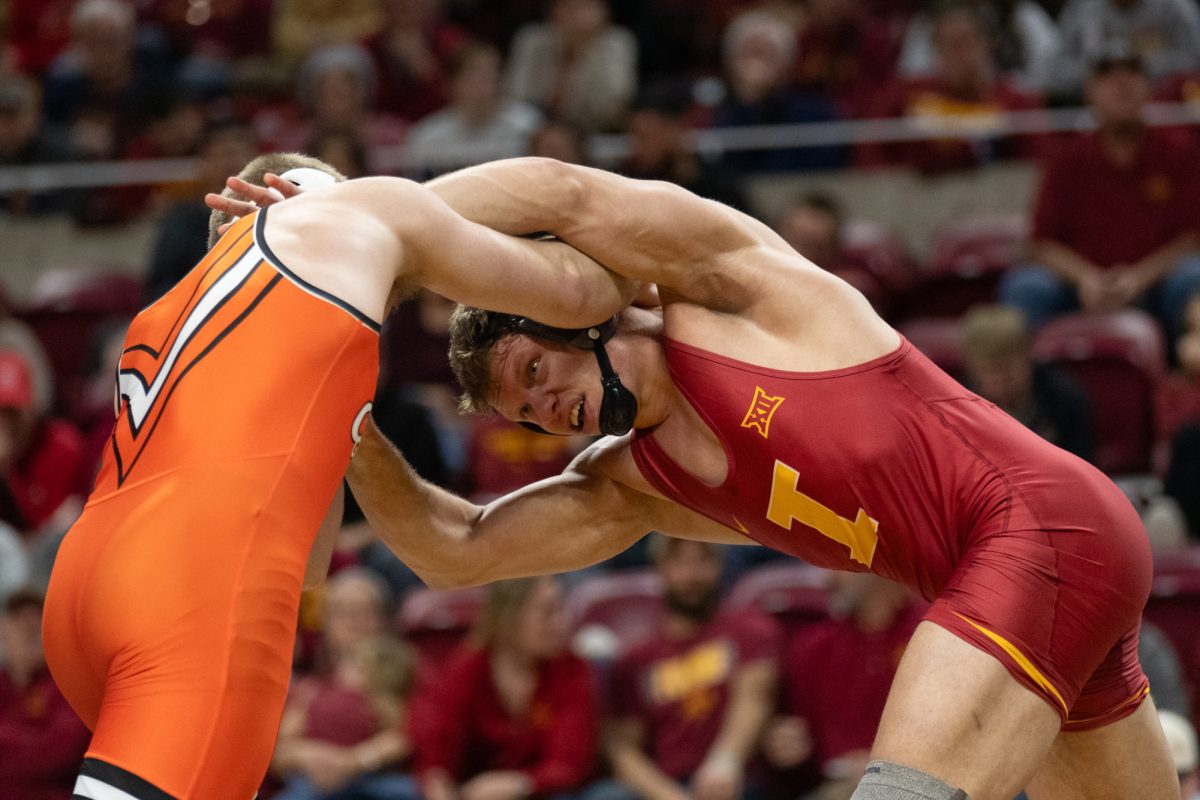Teaching abroad expands awareness
September 6, 2000
ISU College of Education students have a chance to add a new dimension to their teaching skills through studying abroad. “It’s a very important experience,” said Ann Thompson, professor and chairwoman of curriculum and instruction. “Students gain a real knowledge and appreciation of other cultures, as well as expanding their awareness of themselves and our own culture.” The College of Education foreign field study started in 1994, and program coordinators are currently looking for participants for the spring semester. The program began to give ISU education majors the opportunity to student teach abroad and learn more about the world around them, said Gayle Huey, director of field experiences in the College of Education. “The program is focused on the ideas of globalization and providing an outward perspective,” she said. Anywhere from 15 to 30 students participate in the program, which has sites in New Zealand, Scotland, Venezuela and the Czech Republic. New sites will open this spring in Australia, Rome and Singapore. ISU students participating in the program work closely with the College of Education and site coordinators. The coordinators arrange regular meetings to help students get acquainted with the culture, people, traditions and language of their particular site. Thompson said students teach in American-run schools, so language is not always an obstacle. She said not all who go abroad have bilingual credentials. “We like to include as many students as possible and at the same time make sure that they are adequately prepared and able to meet the demands of the program,” she said. Applicant criteria includes the student’s grade point average, letters of recommendation, overall involvement and achievement. Language considerations are also included. Students in the program stay with a host family associated with the school. All participants student teach in the U.S. for eight weeks before they travel overseas to teach in their respective area of emphasis. “It has a very direct impact on the future, and that’s what we’re about,” Huey said.






